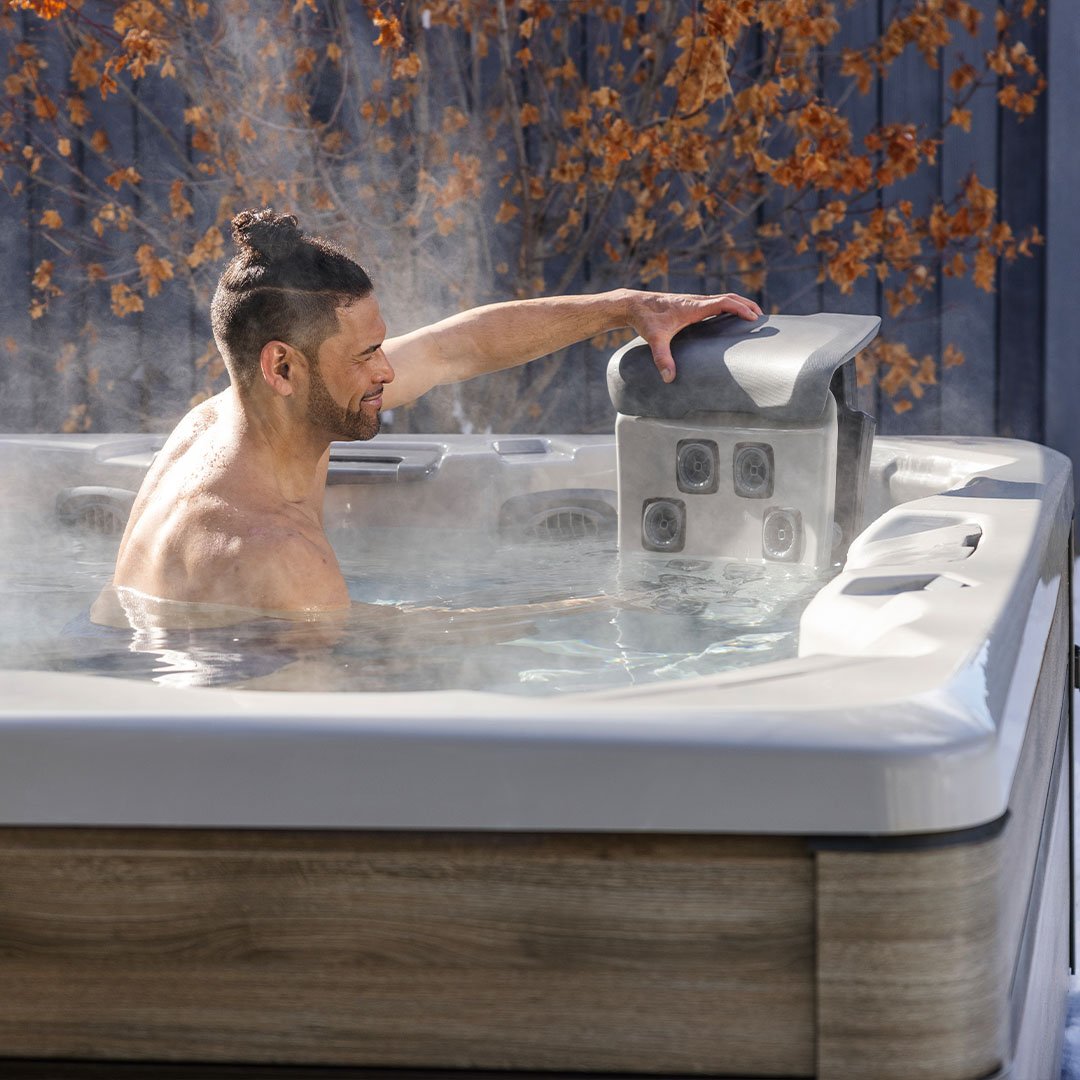Top 5 Mistakes to Avoid When Winterizing Your Pool
Pool winterization is a vital step for pool owners in areas where temperatures drop below freezing. Preparing your pool for the winter months protects your investment and sets the stage for a smooth reopening when spring arrives. At Watson's, we've seen the consequences of poor winterization, and they're not pretty. But don't worry! We're here to help you avoid the common mistakes that can turn your pool into a winter headache. Let's dive into the top blunders pool owners make and how you can sidestep them, keeping your pool in great shape even during the off-season.
Mistake #1: Neglecting Water Chemistry Balance
One of the most critical aspects of pool winterization is maintaining proper water chemistry. Many pool owners overlook this step, assuming that an unused pool doesn't need balanced water. However, this actually couldn't be further from the truth.
Key points to remember:
- Aim for a pH level between 7.2 and 7.6
- Maintain alkalinity between 80 and 120 ppm
- Ensure calcium hardness levels are between 175 and 225 ppm
- Add a winter algaecide to prevent algae growth
For saltwater pools, ensure the salt level is within the recommended range, and the salt cell is clean and properly stored to prevent damage.
Mistake #2: Failing to Clean Thoroughly
A clean pool is essential for successful winterization. Skipping this step can lead to stubborn stains and algae growth that become nightmares to deal with in the spring.
Follow these cleaning steps:
- Brush walls and floor to remove any algae or debris
- Vacuum the entire pool surface
- Clean the skimmer baskets and pump strainer
- Backwash or clean the filter thoroughly
Remember, a clean pool is much easier to open and maintain when warmer weather returns.
Mistake #3: Incorrect Water Level Adjustment
The water level in your pool is an important aspect of winter protection. Too high, and you risk damage from freezing; too low, and your cover may sag, collecting debris and potentially tearing.
Guidelines for water level adjustment:
- For Mesh Covers: Lower water 12-18 inches below the skimmer
- For Solid Covers: Keep water 3-6 inches below the skimmer
- Consider your specific cover type and manufacturer recommendations
Proper water level adjustment protects both your pool structure and winter cover.
Mistake #4: Inadequate Equipment Protection
Your pool's plumbing and equipment are particularly vulnerable to freeze damage. Failing to properly drain and protect these components can result in costly repairs come spring.
Essential steps for equipment protection:
- Drain all plumbing lines completely
- Use a shop vac or air compressor to blow out the remaining water
- Add pool-grade antifreeze to plumbing lines if recommended
- Remove and store drain plugs from the pump and filter
- Lubricate O-rings and gaskets to prevent cracking
Mistake #5: Improper Cover Selection/Installation
Your pool cover is the final line of defense against winter's harsh elements. Choosing the wrong type or installing it incorrectly can lead to a host of problems.
Cover selection and installation tips:
- Choose a cover designed for your specific pool type and size
- Ensure proper fit to prevent sagging or gaps
- Securely fasten the cover using appropriate anchors or weights
- Consider using pool pillows under solid covers to prevent water accumulation
- Regularly check and adjust the cover throughout the winter
A properly selected and installed cover keeps debris out and protects your pool from winter damage.

Benefits of Proper Pool Winterization
Taking the time to winterize your pool correctly offers numerous advantages:
- Cost Savings: Proper winterization prevents expensive repairs caused by freeze damage or equipment failure. By protecting your pool's structure and components, you'll avoid costly replacements and repairs when reopening.
- Equipment Longevity: Winterizing extends the life of your pool equipment. Properly draining and storing pumps, filters, and other components shields them from harsh winter conditions, ensuring they function optimally for years to come.
- Easier Spring Opening: A well-winterized pool is a joy to open. You'll spend less time and money on cleaning, balancing chemicals, and addressing issues caused by improper winter care. This means more time enjoying your pool and less time maintaining it when warm weather returns.
Why Choose Watson's for All Your Pool and Spa Needs
At Watson's, we're committed to making your pool maintenance as easy and effective as possible. Here's why you should trust us for all your spa and swimming pool supplies:
- Wide Selection of High-Quality Products: We carry trusted brands known for durability and performance
- Expert Customer Service: Our team offers tailored advice to meet your specific pool needs
- Lowest Price Guarantee: We ensure you get the best value for your investment
- One-Stop Shop: From winterizing plugs to pool covers, we have everything you need for successful pool closing
Visit Watson's today to explore our selection of pool winterizing essentials and ensure your pool is properly protected this winter. Remember, at Watson's, life's best moments start here—even during the off-season!
FAQs
When should I winterize my pool?
Winterize your pool when water temperatures consistently stay below 65°F (18°C), typically when nighttime temperatures drop to around 45°F (7°C).
Do I need to drain my pool for winter?
No, you don't need to drain your entire pool. Lower the water level to 4-6 inches below the skimmer line for in-ground pools or 2-3 inches below the return jets for above-ground pools.
Topics: Pool - Above Ground Pools, Pool - Semi-inground Pools, Pool - Chemicals, Pool - Supplies, Pool - Equipment











